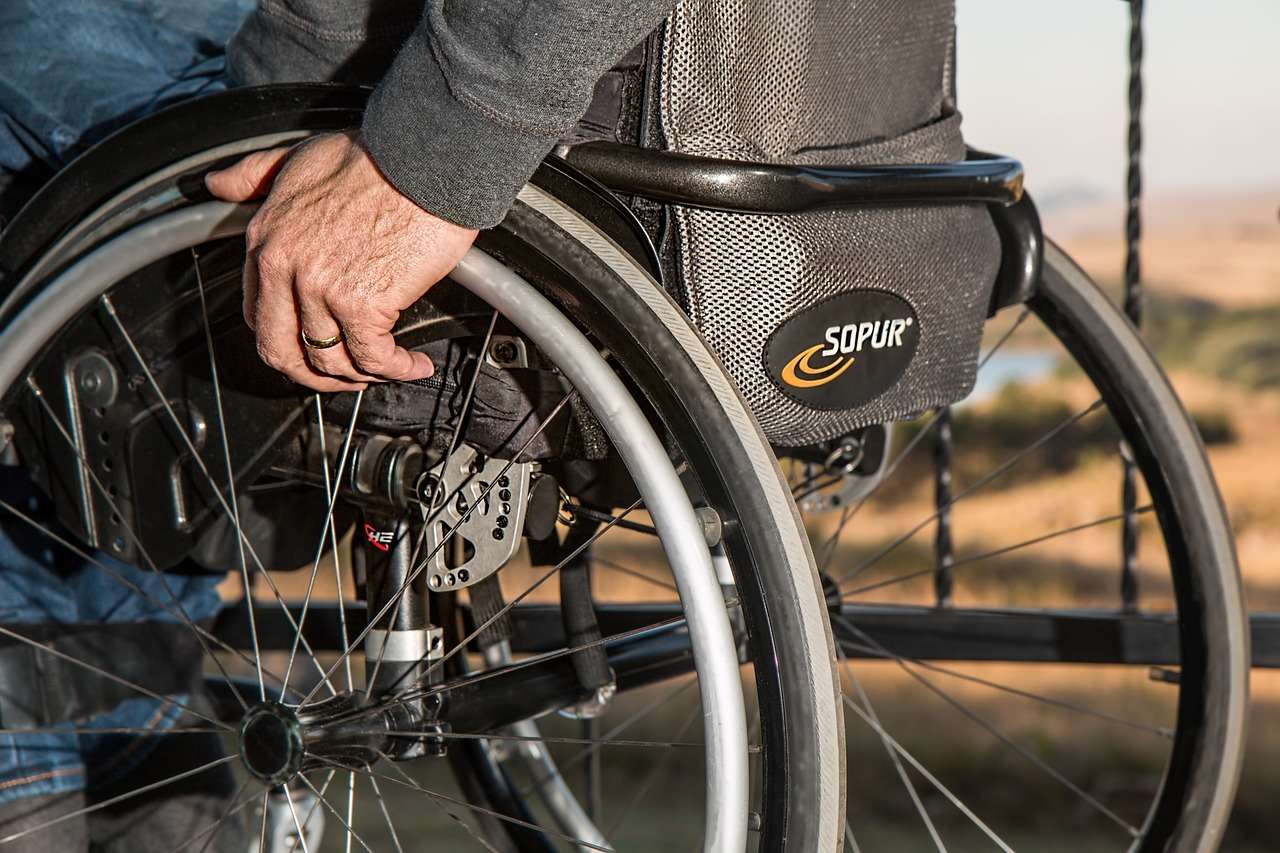KU Press Service
LAWRENCE Starting October 2, people with disabilities are invited to participate in a national study based at the University of Kansas that aims to document their experiences on a variety of issues, including access to health care, housing, long COVID, transportation, employment and connection with their community.
The National Survey on Health and Disability (NSHD) has collected detailed nationwide information on U.S. adults with disabilities and their experiences with health insurance and health care services since 2018. It is funded by the National Research Institute on Disability, Independent Living and Rehabilitation. and led by Jean Hall, who directs the KU Institute for Health and Disability Policy Studies (IHDPS) at the KU Life Span Institute.
This project gives voice to the concerns of people with disabilities, Hall said. This year, we hope the information provided will tell us whether access to health care has worsened for certain subgroups of people with disabilities, whether they are LGBTQ+ people, people of color, or people of a certain age, or of people who live in a certain geographical area. The investigation will help us determine if this is happening.
This year, NSHD continues to collect information about people’s experiences during the COVID-19 pandemic, including long COVID and its effects on their quality of life, access to health care, and employment.
Individuals can specify how they would like to participate in the survey, whether online or by telephone, and whether they would like to receive a link via email or text message.
KU researchers share de-identified NSHD data and results with other researchers and policymakers to inform and guide programs and services, said Noelle Kurth, co-investigator of the project. The survey reinforces the philosophy that there is nothing about us without us when it comes to making decisions that will affect the lives of people with disabilities.
For example, researchers have used survey results to determine that questions used in federal surveys to identify people with disabilities overlook up to 20 percent of this population, particularly those with mental illnesses. As a result, people with disabilities are likely to be underestimated and their needs underestimated.
That, in turn, can affect funds invested to serve the population, Kurth said.
Using NSHD data, researchers have previously documented that people with various disabilities report being outright denied care from doctors and other medical providers. The NSHD has shown that people with disabilities who are also LGBTQ+ are in poorer health and have more difficult access to health care than heterosexual and cisgender people with disabilities.
The survey also showed that people who become disabled later in life tend to be in poorer health and spend more on health care than people who become disabled earlier in life.
To understand the needs of underrepresented communities, we need data, Hall said. We want to hear directly from the perspectives of people with disabilities and quantify what exactly is happening and what needs to change to improve their quality of life. »
#KUled #national #study #asks #people #disabilities #document #experiences
Image Source : hayspost.com

